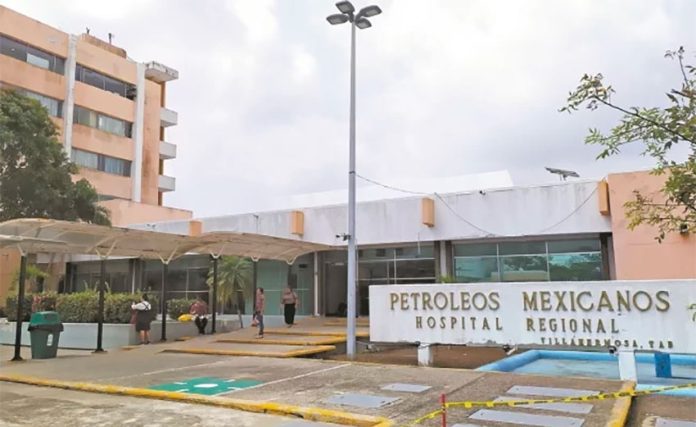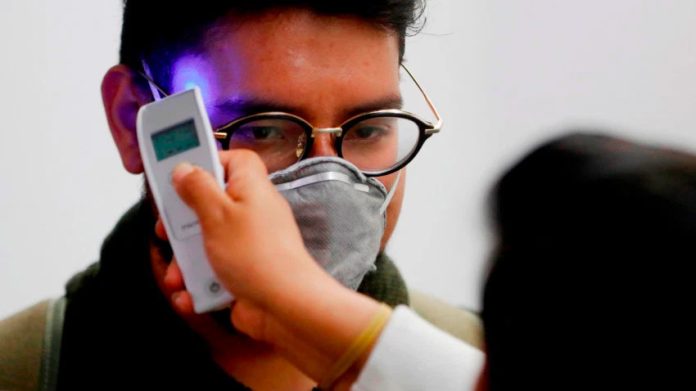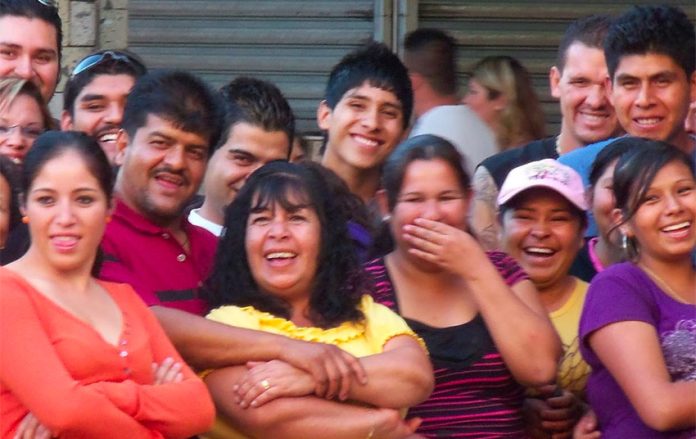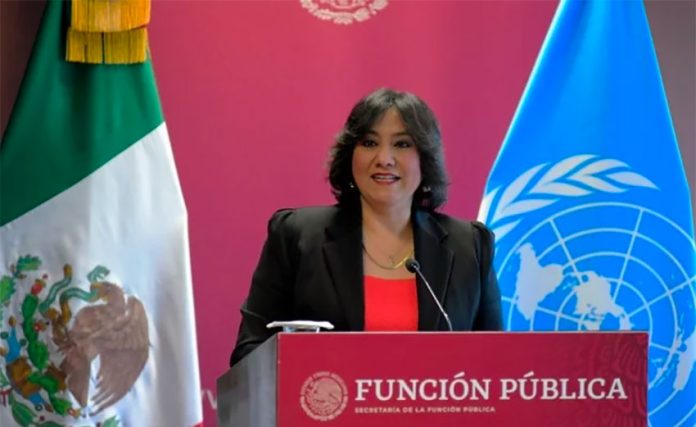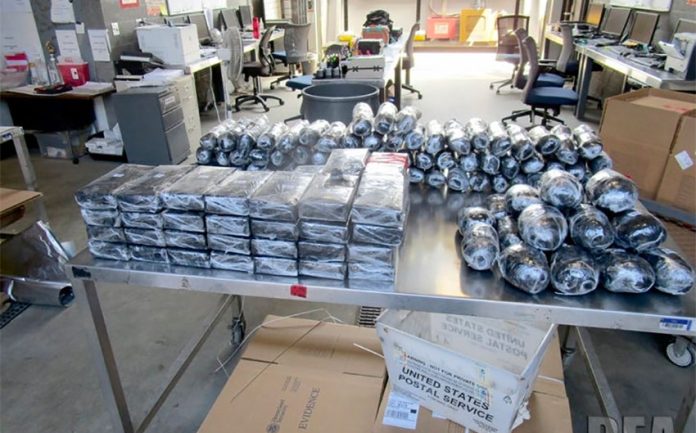I moved to a different house this week. After a not-very-exhaustive search for movers, I settled on three guys and a decked-out pick-up truck from the mid-90s. They were congenial, hard-working, and got me completely moved in three trips.
I can’t find my tin of expensive coffee, but really, a possible fall off the truck or even swiping of caffeine is a small price to pay for having gotten all that done for a fraction of a fraction of the price it would have cost in the United States.
I marveled at how they hoisted the bed frames up and down balconies with rope and was 100% charmed by how the driver revved up to get some momentum in that old truck before driving up the hill to my new house while another stood at its open back to make sure all the contents didn’t spill out in the process. All the while I thought, “Wow, this would never fly in the U.S.”
They even hooked my stove up to the gas for me.
Things here in Mexico seem either to be taken dead seriously or not taken seriously at all.
Here are some things that are very important indeed: paperwork, not putting your feet on furniture, the need for salsa at all meals, doing anything at a bank, doing one’s best not to mix hot and cold in your body for any reason lest you fall ill from un mal aire.
Things that aren’t taken too seriously: insurance for dangerous jobs, fidelity, bedtimes for children and punctuality in general, showing up at a party whether or not you have been officially invited or even know anyone there.
Mexico is famous for its “red tape,” but really, it simply has different red tape than what foreigners are used to. You can hire movers who will show up at the appointed time and do the work as easily as if they were teenage babysitters coming to watch a movie while your kids slept, but if you want to get a credit card, you’ll need no fewer than 15 forms of ID and character references, and possibly a notarized and apostilled copy of your old Blockbuster membership card.
Getting into the country as a U.S. or Canadian citizen couldn’t be easier. Staying in the country legally takes quite a bit of work and precisely worded official letters. You need many documents and forms to get a driver’s license, but (in Veracruz, anyway) the only test you’ll need to take for it is a quick eye exam. You’d think they’d want to make sure I could at least identify a car, but not so!
Parts of my city look like an earthquake just hit (before many were able to put the finishing touches on their houses no less), with jagged pieces of sidewalk jutting out and top-floor balconies that toddlers presumably have easy access to completely free of protective railing. But you can bet that there will be someone scrubbing the concrete outside of their homes and businesses with soap and bleach each morning. Black patches of mold in houses are taken about as seriously as dust on knick-knacks.
No one dares take a cold shower after coming in from a hot and sweaty day, but most don’t seem to have a problem riding in the front seat of a car with no seatbelt while holding an infant.
Every culture has its own set of contradictions, and Mexico is no different. Depending on where you come from they might seem more or less extreme, but even after all these years, I frequently find myself newly delighted — or at least intrigued — by what people here decide to take seriously versus what they let slide.
I’m supposed to have visitors from the U.S. next week. Apparently, people in their immediate circles are panicking about the coronavirus and warning them not to travel, but from what I can tell, coronavirus is one of those things that (mercifully) is not perpetuating the kind of hysteria-driven frenzy it is in other countries.
After all, what’s coronavirus next to the constant stream of homicides and violence, dengue and car accidents? We seem to have collectively accepted the possibility of an untimely death in stride, which I think is probably a good, if not macabre, attitude to maintain for now.
One of my favorite things about Mexican culture is by far people’s easy sense of humor: their ability and willingness to laugh and joke about nearly anything is unparalleled. They know how not to take things too seriously, and that’s a big part of what has me constantly singing the praises of this country.
So here’s the lesson for today, courtesy of laid-back Mexicans in the face of many worrying issues: take some time to sit back, y’all, and enjoy the ride on this little spot on our spinning globe for a bit. Maybe have a beer. I think we’re going to be OK.
Sarah DeVries writes from her home in Xalapa, Veracruz.

